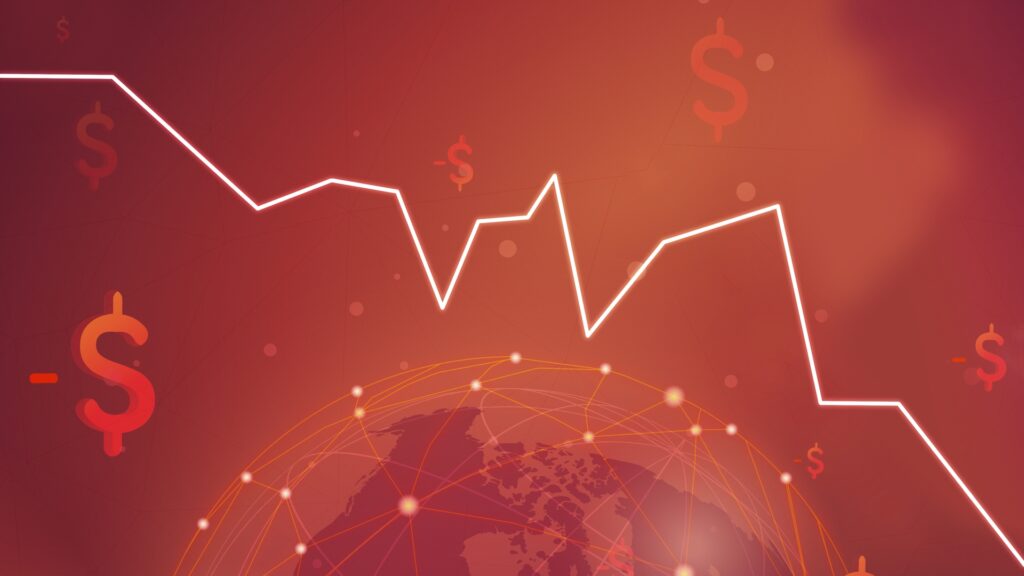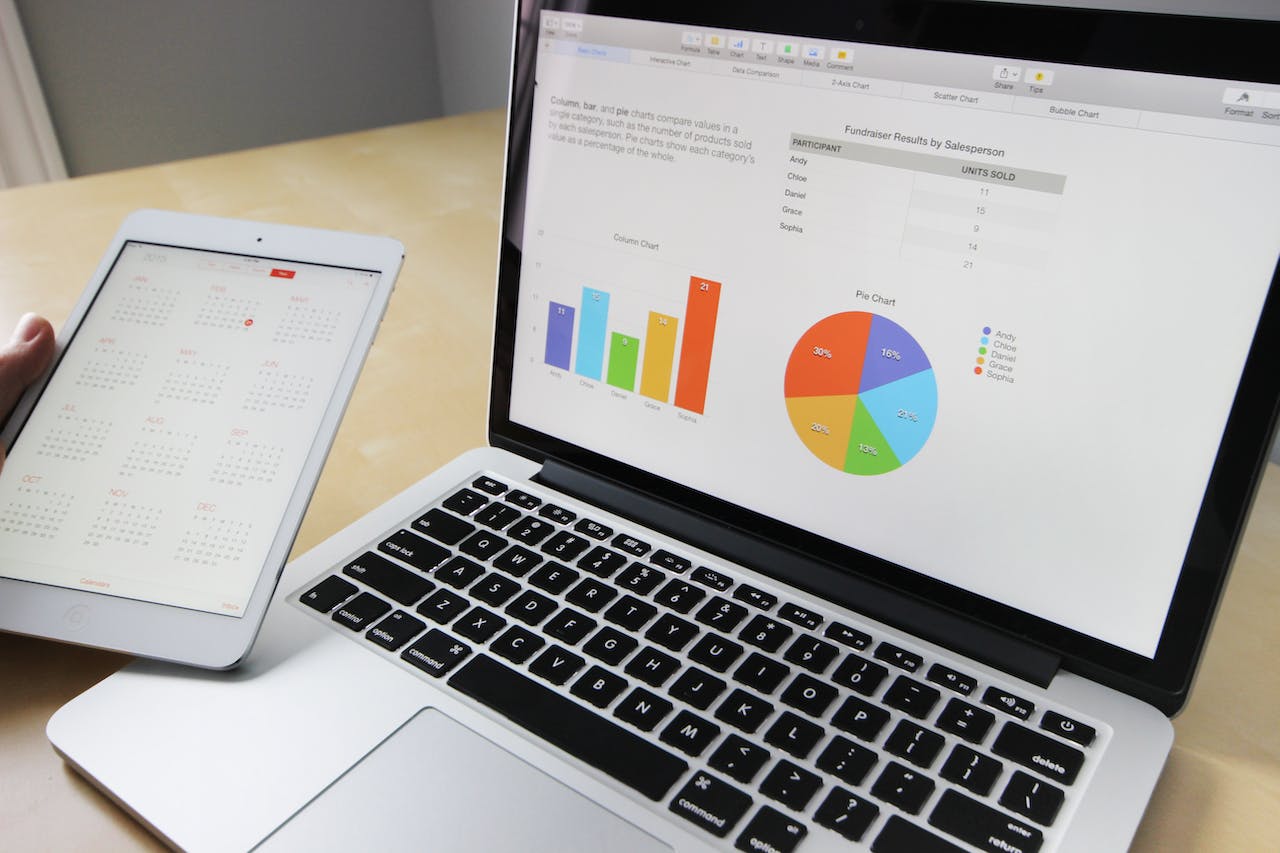
Inflation is an economic phenomenon that affects us all, whether we are aware of it or not. From rising grocery prices to changes in interest rates, inflation has a direct impact on our purchasing power and financial stability. But what exactly is inflation and how can it affect your money? In this article, we’ll dive into the basics of inflation, explain how it occurs and give you insight into how you can best protect your investments from its inevitable effects.
Inflation is an economic phenomenon that affects us all, whether we are aware of it or not. From rising grocery prices to changes in interest rates, inflation has a direct impact on our purchasing power and financial stability. But what exactly is inflation and how can it affect your money? In this article, we’ll dive into the basics of inflation, explain how it occurs and give you insight into how you can best protect your investments from its inevitable effects.
What is inflation?
Inflation is generally defined as a sustained increase in the general price level of goods and services in an economy over a period of time. As the price level rises, each unit of currency can buy fewer goods and services.
This increase in the price level is often measured using various price indices such as the Consumer Price Index (CPI). The causes of inflation can range from increased production and higher raw material costs to changes in exchange rates and monetary policies.
Prolonged inflation can lead to a decline in investment and savings as the value of money is eroded. On the other hand, moderate inflation can be beneficial as it encourages investment and consumption, stimulating economic growth. It is important to understand the double impact of inflation on both micro and macro levels.
What are the causes of inflation?
Inflation can be caused by a number of macroeconomic factors, including increased demand for goods and services, higher production costs or changes in the exchange rate. These factors can affect the price level in the economy, thereby reducing purchasing power.
Demand vs. supply
The concepts of demand and supply are central to understanding market economies and price formation.
- Demand: The amount of a good or service that consumers are willing and able to buy at a given price.
- Supply: The amount of a good or service that producers are willing and able to sell at a given price.
- Equilibrium price: The price at which the quantity of a good, demanded equals the quantity supplied.
- Demand curve: A graphical representation of the relationship between price and demand.
- Supply curve: A graphical representation of the relationship between price and supply.
When demand increases without a corresponding increase in supply, prices will typically rise.
Conversely, excess supply without increased demand can lead to falling prices, which can put pressure on manufacturers’ profits.
The impact of inflation on the economy
Inflation can have far-reaching consequences for an economy as it affects purchasing power and can lead to a redistribution of income and wealth. Rising prices can reduce consumer purchasing power, which can weaken demand for goods and services.
Investments are also affected as uncertainty about future prices can make it difficult to plan long-term economic decisions.
How can you make yourself resilient to inflation?
Protecting against inflation requires a strategic approach to investment and financial planning. One of the most effective methods is to diversify your portfolio by investing in assets that typically increase in value during inflationary periods, such as real estate, commodities and shares in companies with strong pricing power. In addition, investing in inflation-indexed bonds, which adjust their value in line with inflation, can be a safe way to maintain purchasing power.











